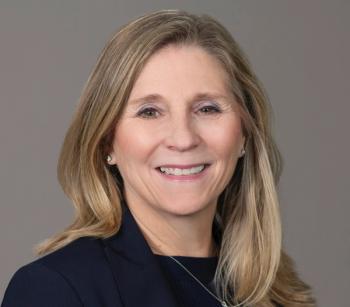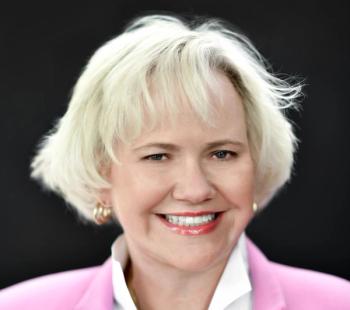
Amid ‘triple threat’ of RSV, flu, and COVID-19, emergency doctors plead for help
Hospitals are filled with patients with respiratory illnesses, and flu hospitalizations are the highest in more than a decade. Now, more people are being treated in hospitals for COVID-19.
Hospitals are packed with patients with respiratory illnesses, and emergency physicians are imploring Americans to stay safe during the holidays so health systems aren’t strained even more.
Children’s hospitals have been struggling with
Now, hospitals are seeing a rise in patients with the flu. Nationwide, there have been an estimated 120,000 hospitalizations and 7,300 deaths due to the flu, according to
At this point in the year, the flu hospitalization rate is the highest in more than 10 years, the CDC says. Nearly 26,000 people were admitted to hospitals with the flu in the previous week, the CDC said Friday.
The American College of Emergency Physicians has asked Americans to take precautions to limit the “triple threat” of respiratory illnesses, particularly on the cusp of the holiday season, as Americans will be traveling and gathering with loved ones. Christopher S. Kang, president of the American College of Emergency Physicians, said emergency departments are struggling to handle the high number of patients.
“Hospitals are filling with patients who have severe respiratory illnesses, and many emergency departments are more strained today than any other recent time during the pandemic,” Kang said in a statement. “Respiratory illnesses like flu, RSV, or COVID can have similar symptoms and it is important to distinguish between health concerns that can be managed at home and worrisome signs of a possible emergency.”
CDC Director Rochelle Walensky said last week that
While COVID-19 hospitalizations are far below the peak seen last winter, more people are requiring treatment for the coronavirus in hospitals. The CDC said
In recent weeks, more than three quarters of the nation’s pediatric hospital beds have been occupied, and in some states, more than 90% of pediatric beds are filled, according to the Children’s Hospital Association and the American Academy of Pediatrics. The groups sent a
There are signs that RSV cases are dropping in some states, the CDC said, but many hospitals are seeing plenty of patients. But some doctors and hospitals say that’s being offset by the rise in flu cases.
Health experts said they welcomed the CDC’s recommendations about wearing masks as a step to prevent the spread of the flu, RSV, and COVID-19. While some Americans recoil at the idea of wearing masks, health leaders said the CDC hasn’t been vocal enough in highlighting the value of masks in public places as respiratory cases have flooded hospitals.
Officials are worried about the spread of the flu, COVID-19 and RSV as the holiday season approaches. Ashish Jha, the White House's top COVID-19 official, said Thursday the next few weeks figure to be challenging,
“We are seeing a clear uptick in infections of COVID pretty much in every region of the country, up about 40% over the last couple of weeks. So three challenges all arriving at the same time. There's going to be some bumpy days ahead,” Jha said.






















































































